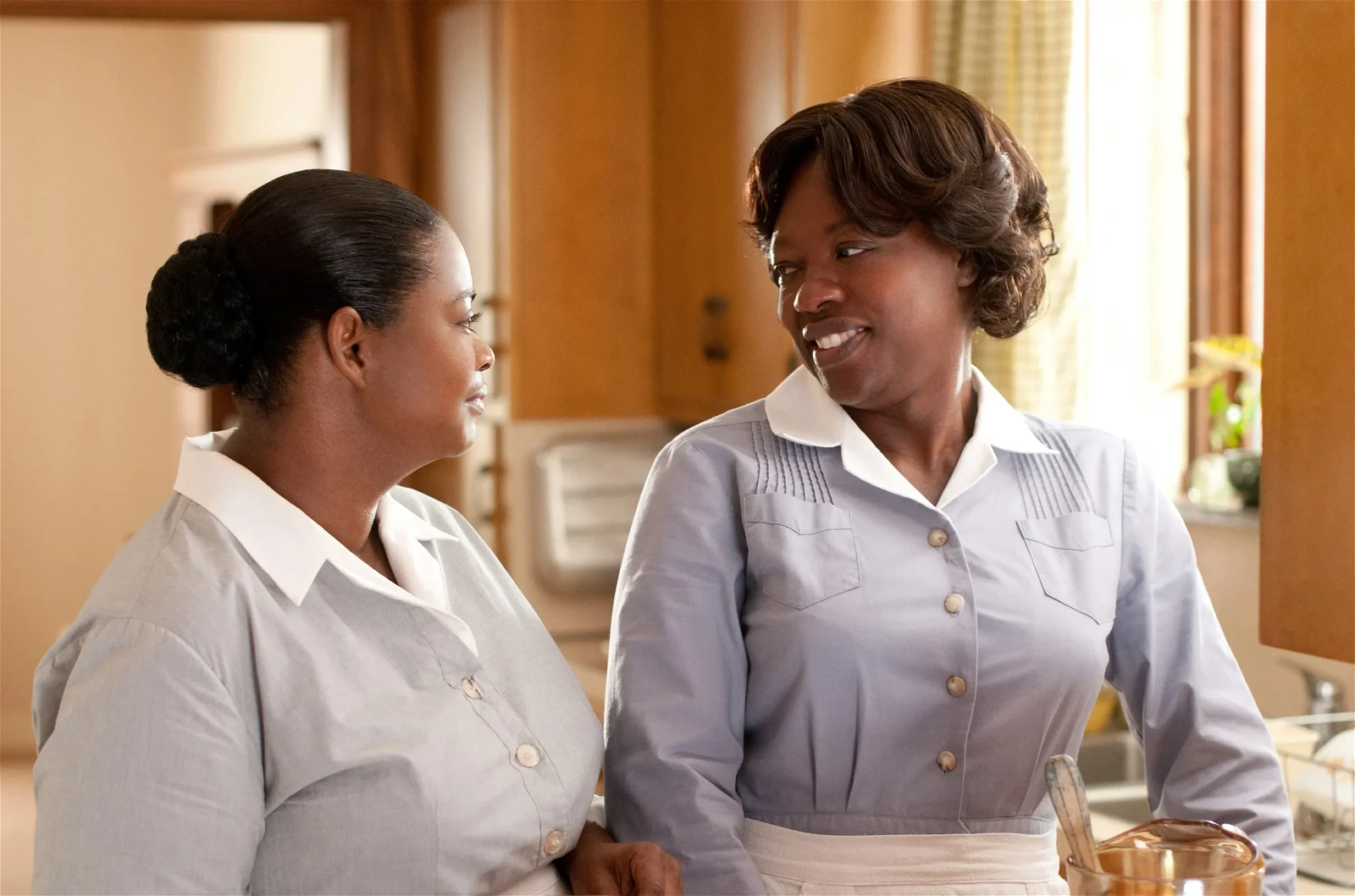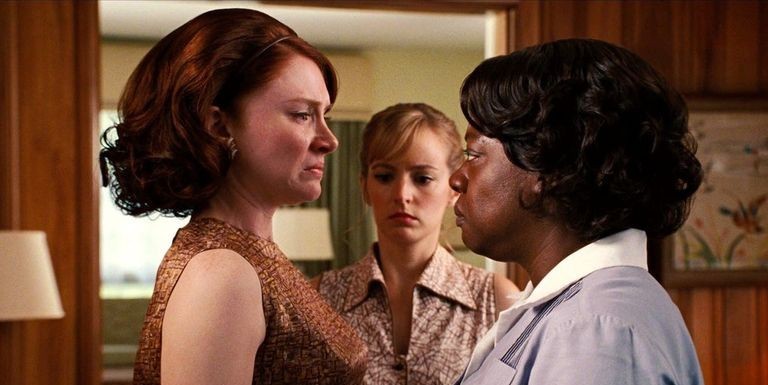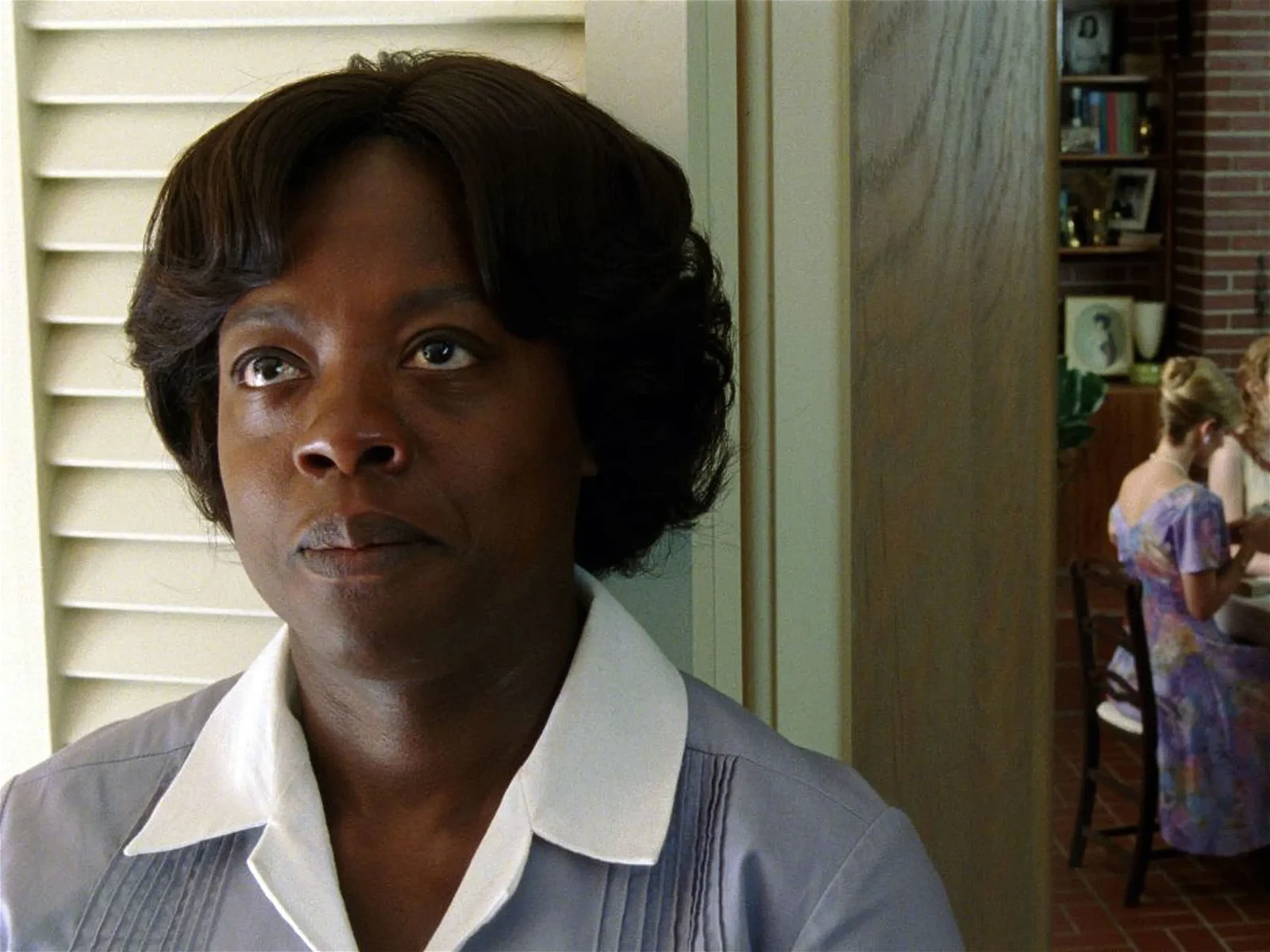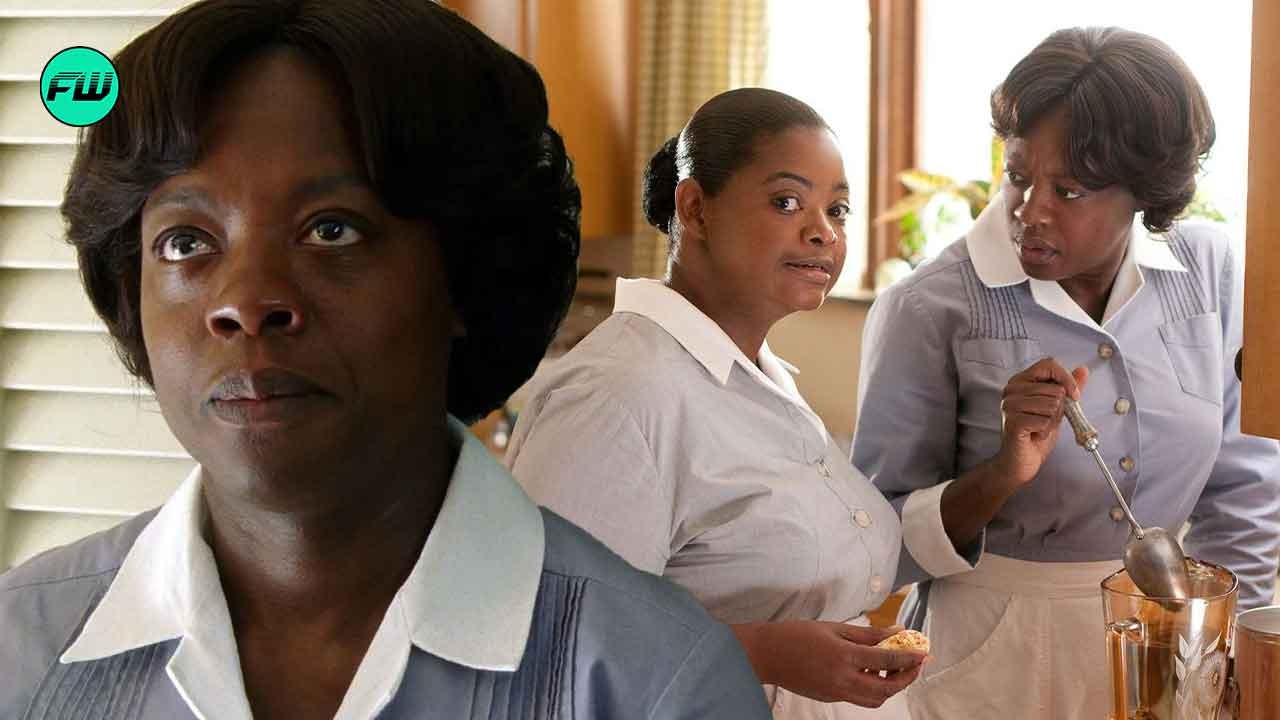Viola Davis is one of the most powerful actors to be working at the moment in Hollywood. The actress has played fierce characters on screen and has changed the way Black female characters were portrayed in cinema. She has worked with many acclaimed directors and has been a part of acclaimed films such as Doubt, Fences, and Ma Rainey’s Black Bottom.
Davis’ most popular role is her Oscar-nominated performance in the period drama The Help. Based on the novel of the same name, the film had an ensemble cast of Emma Stone, Octavia Spencer, Bryce Dallas Howard, and more. Davis played the role of a maid during the Civil Rights Movement in the ‘60s. David mentioned that she regretted her role in the film.
Viola Davis In The Help

Viola Davis has a large filmography filled with powerful performances to boast of, but her most popular film among audiences still remains The Help. The film saw her play the role of Aibeleen Clark, a Black maid in the ‘60s who works for a White person. It was set during the Civil Rights Movement of the ‘60s and showed the racism faced by domestic workers during the time.
The film follows Emma Stone’s Skeeter Phelan, a journalist who sees the systemic racism faced by Black domestic workers in affluent White neighborhoods and decides to interview a few workers to bring to light their struggles. Davis plays one of the maids who agree to talk to Skeeter for the article.
The Help shows various atrocities being committed toward the maids by housewives in the neighborhoods such as including separate bathrooms and entrances to Black domestic workers and unlawful termination by accusing them of stealing. The film also alludes to prominent Civil Rights activists at the time such as Medgar Evers, who was assassinated.
Viola Davis Regretted Her Role In The Help

The Help received multiple Oscar nominations such as Best Picture and Best Supporting Actress. Viola Davis was also nominated for Best Actress for the film but lost out to Meryl Streep for her performance as Margaret Thatcher in The Iron Lady. Though Davis finally won the Best Supporting Actress Oscar for 2016’s Fences, The Help remains one of her breakthrough roles.
However, Viola Davis has mentioned on multiple occasions that she has come to regret the role as it does not paint an accurate picture of the systemic racism that people like her character had to endure during the time. The film has been accused of bringing a ‘White Saviour’ complex to the film with Emma Stone’s character and being too pristine for a White audience to comfortably view it as a thing of the past.

Viola Davis mentioned in an interview with Vanity Fair that she felt she betrayed her community by accepting the role. She said,
“There’s no one who’s not entertained by The Help. But there’s a part of me that feels like I betrayed myself, and my people because I was in a movie that wasn’t ready to [tell the whole truth]…Not a lot of narratives are also invested in our humanity…They’re invested in the idea of what it means to be Black, but … it’s catering to the white audience. The white audience at the most can sit and get an academic lesson into how we are.”
Davis also mentioned earlier in another interview that she knows people like her character very closely and that the film was made to be digested by a White audience without speaking for the humanity of the Black workers who faced the struggles.

